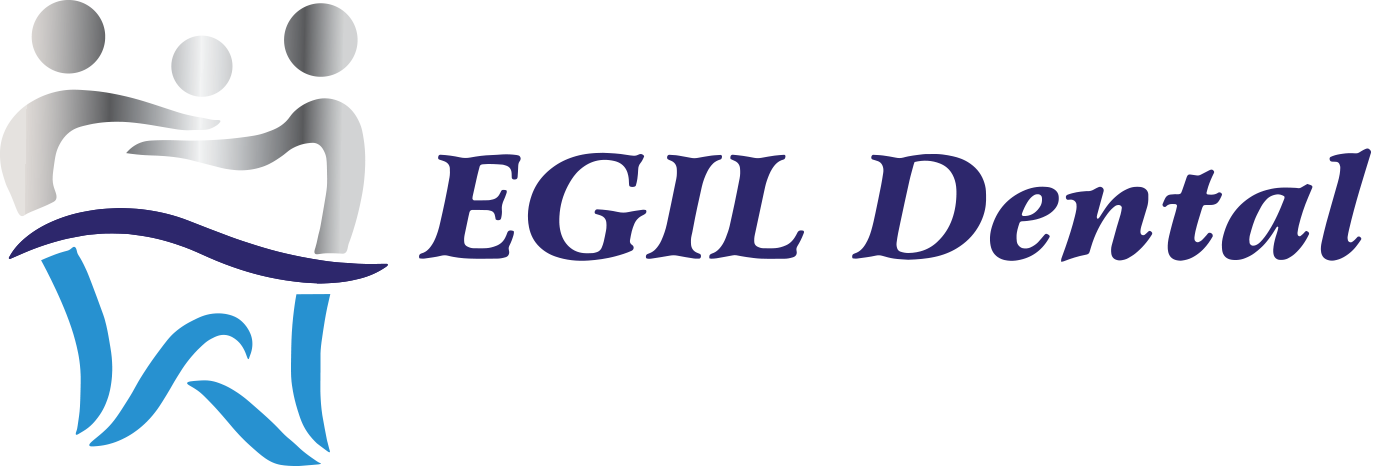Dental sealants play a vital role in preventing tooth decay and maintaining optimal oral health. This article explores the benefits of dental sealants for individuals of all ages. From children to adults, dental sealants provide an effective shield against cavities.
The Importance of Dental Sealants
According to the American Dental Association, dental sealants are thin plastic coatings that are applied to the teeth to prevent cavities. These sealants provide a protective layer by sealing off the deep grooves and fissures in the teeth, especially in the molars and premolars.
The chewing surfaces of back teeth can be particularly susceptible to tooth decay. Their intricate structure makes it challenging to clean them thoroughly, even with regular brushing and flossing. Dental sealants play a pivotal role in filling in the vulnerable areas and preventing the accumulation of food particles and bacteria, ultimately reducing the risk of cavities.
The Procedure and Application Process
Getting dental sealants is a quick, painless, and non-invasive process. The procedure involves the following steps:
Step 1: Cleaning
The dentist thoroughly cleans the teeth that are to be sealed. This process helps remove any debris or plaque buildup and ensures that the sealant adheres properly.
Step 2: Isolation
The teeth to be sealed are isolated and kept dry to ensure optimal bonding of the sealant. Dental experts use cotton or a specialized material known as a dental dam for isolation.
Step 3: Conditioning
The tooth surface is conditioned using a gentle etching solution to create a rougher surface. This etching process helps the dental sealant adhere better to the tooth structure.
Step 4: Application
The sealant material is applied to the tooth surface. It flows into the grooves and fissures and forms a protective coating. The sealant is usually white or clear, making it virtually invisible.
Step 5: Curing
A special curing light is used to harden the sealant material, ensuring its long-lasting durability. Once the light is applied, the sealant becomes a hard, protective shield on the tooth.
The Benefits of Dental Sealants
1. Protection against Decay: Dental sealants act as a barrier, protecting the teeth from acids, plaque, and bacteria that can cause tooth decay. They seal off vulnerable areas, shielding the teeth from cavities.
2. Long-lasting Effectiveness: Dental sealants can last for several years with proper care. They provide ongoing protection, reducing the need for expensive and invasive dental treatments.
3. Suitable for All Ages: Dental sealants are not limited to children. Individuals of all ages can benefit from dental sealants, especially those with deep grooves and fissures that are prone to cavity formation.
4. Cost-effective Solution: Compared to the cost of treating cavities and related dental issues, dental sealants are a cost-effective preventive measure. Investing in sealants can save you money in the long run by avoiding more extensive dental procedures.
5. Easy Application: Getting dental sealants is a simple and painless process that does not require any drilling or anesthesia. The procedure is quick and can be completed in one dental visit.
Dental Sealants for Children
Early Prevention and Protection: Dental sealants are highly recommended for children as they are more susceptible to cavities due to improper brushing techniques and consuming sweets. Sealants provide an additional layer of protection for their developing teeth, safeguarding their oral health from an early age.
Child-friendly and Safe: The application of sealants is painless and safe for children. It is a non-invasive procedure that does not involve any injections or discomfort. The sealant material is also free from harmful substances, ensuring the safety of your child.
Dental Sealants for Adults and Seniors
Preserving Natural Teeth: Even adults and seniors can benefit from dental sealants. As we age, our teeth become more vulnerable to decay. Sealants can help preserve the natural teeth by preventing cavities and reducing the risk of tooth loss.
Protecting Aging Dental Restorations: Dental sealants can also provide an added layer of protection for dental restorations, such as fillings and crowns. By sealing the vulnerable areas around these restorations, sealants extend their lifespan and maintain their integrity.
Maintaining Dental Sealants
Regular Dental Visits: It is essential to visit your dentist regularly for routine check-ups and cleaning. Your dentist will examine the sealants to ensure they are intact and provide touch-ups if necessary.
Healthy Oral Hygiene Practices: Maintaining proper oral hygiene, including regular brushing, flossing, and using mouthwash, is crucial for the longevity of dental sealants. Following a consistent oral care routine will help prevent tooth decay and preserve the sealants effectively.
Conclusion
Dental sealants are an exceptional preventive measure against tooth decay for individuals of all ages. These protective coatings play an essential role in maintaining optimal oral health by sealing off vulnerable areas and preventing cavity formation. Investing in dental sealants is a cost-effective way to preserve your natural teeth and reduce the need for extensive dental treatments. Schedule an appointment with your dentist today and discuss the benefits of dental sealants for you and your family.

